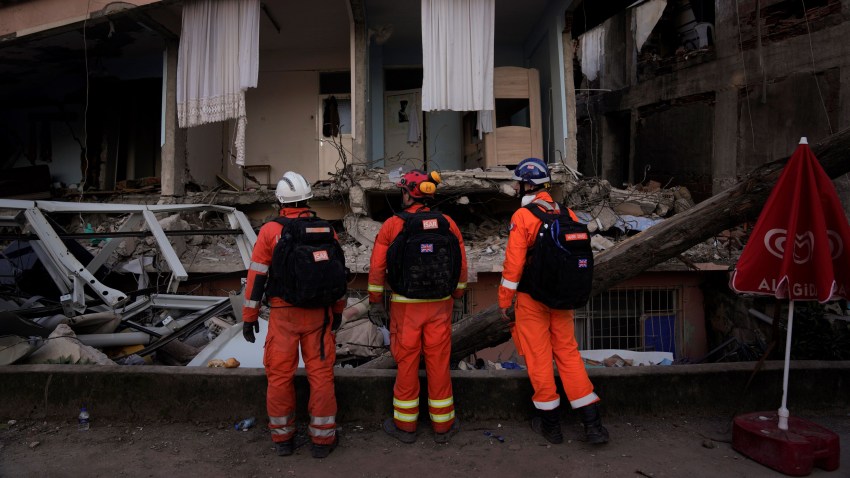There are times when the scale of a catastrophe and the forces that unleashed it are so massive, they defy the human mind’s ability to make sense of them. The earthquake that struck southern Turkey and northwestern Syria on Monday is such a catastrophe. The word itself, earthquake, seems inadequate to describe a wrenching movement of the planet’s crust so powerful that it shifted the Anatolian plate 3 meters to the west. In so doing, it destroyed wide swathes of human habitation, along with all the lives that, moments before, enjoyed shelter in them.
Anyone who has ever built a house or even a wall, who has worked with stones, brick and mortar, knows the kind of force and effort it takes to tear just one building down. Yet image after image from Turkey and Syria shows fields of rubble and concrete where once entire apartment blocks and cities stood.
In such moments, we are often struck by what is an inherently human instinct. Even in the absence of understanding, unable to make sense of what has happened, we move to act. We send teams of rescuers to scrape at the rubble in the hope of saving a life here and there. We send planeloads of aid in the hope of offering succor to the inconsolable. We forget what only moments ago divided us in the hope that some meaning might emerge, along with any survivors, from the destruction.

